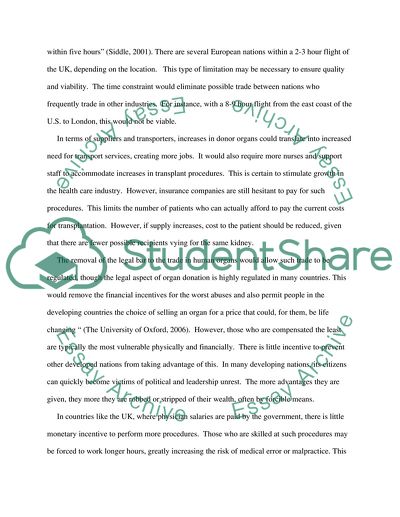Cite this document
(“The Transplant in UK Essay Example | Topics and Well Written Essays - 1500 words”, n.d.)
The Transplant in UK Essay Example | Topics and Well Written Essays - 1500 words. Retrieved from https://studentshare.org/law/1553118-the-transplant-in-uk
The Transplant in UK Essay Example | Topics and Well Written Essays - 1500 words. Retrieved from https://studentshare.org/law/1553118-the-transplant-in-uk
(The Transplant in UK Essay Example | Topics and Well Written Essays - 1500 Words)
The Transplant in UK Essay Example | Topics and Well Written Essays - 1500 Words. https://studentshare.org/law/1553118-the-transplant-in-uk.
The Transplant in UK Essay Example | Topics and Well Written Essays - 1500 Words. https://studentshare.org/law/1553118-the-transplant-in-uk.
“The Transplant in UK Essay Example | Topics and Well Written Essays - 1500 Words”, n.d. https://studentshare.org/law/1553118-the-transplant-in-uk.


